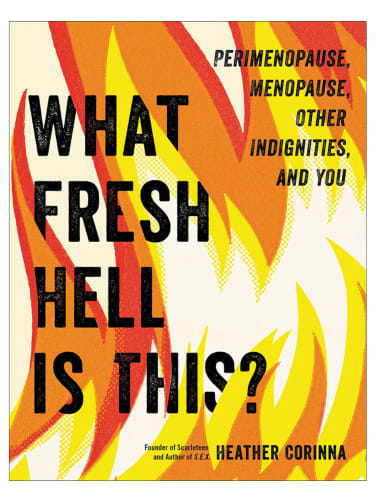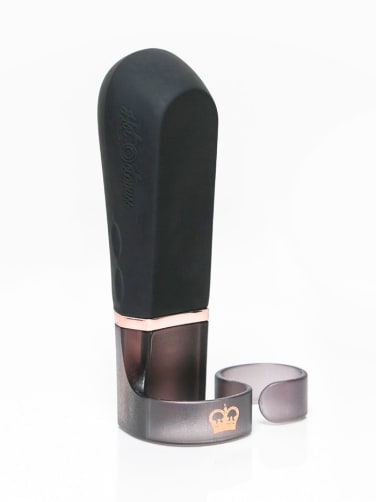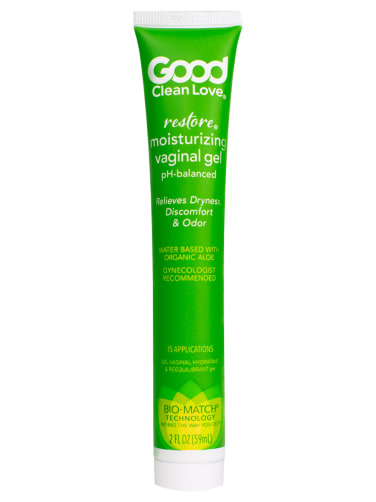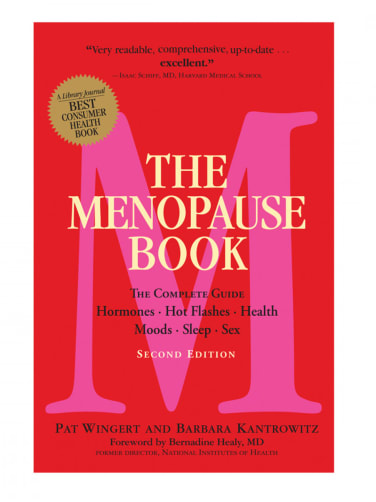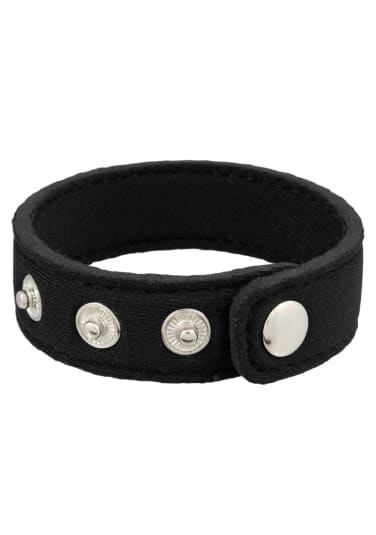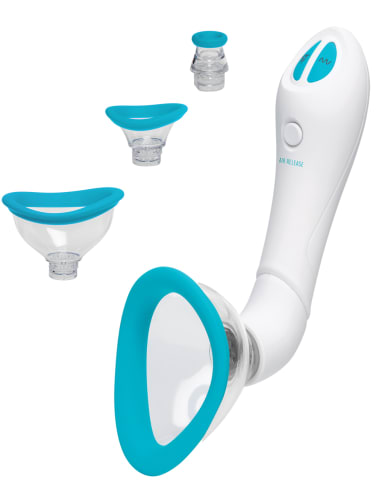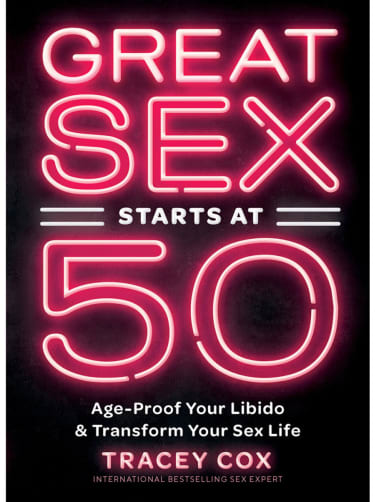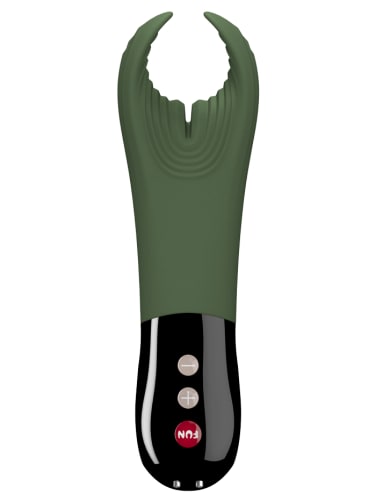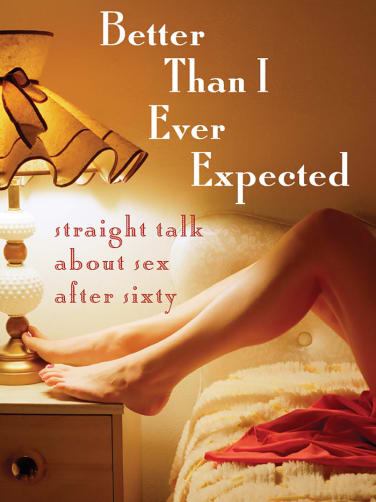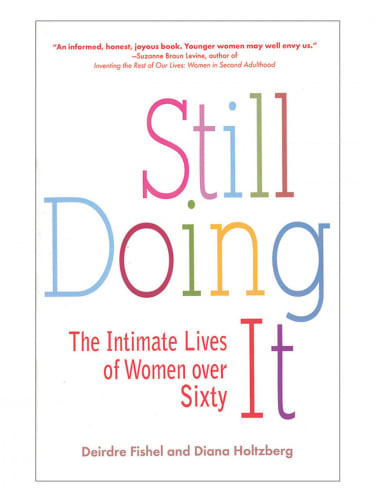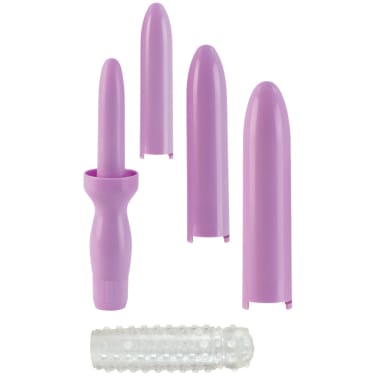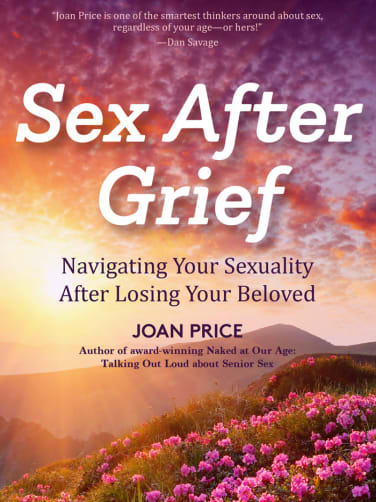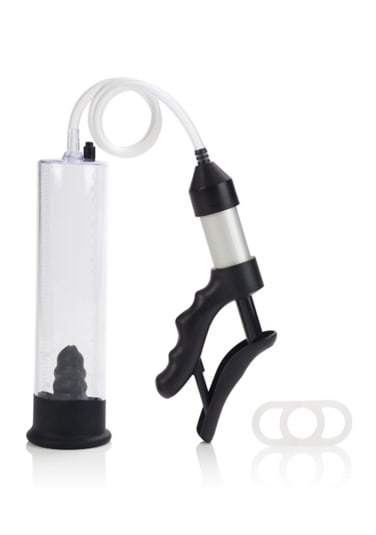Better With Age: Aging & Sexuality

Your overall health will almost certainly impact how you experience sex. Bodily changes are natural as we age, but you do likely have some control. Important health basics are sleep, healthy eating, and exercise—if you get good rest, move your body, and eat nutritious, you’ll be on the right track. Alcohol and party drugs (some prescription meds too) can affect your sex life, not for the better, and many ailments can too. Stress is connected to health, so minimize your stress as best you can. If you aren’t comfortable being open with your doctor regarding health and sexual worries, that’s a problem worth tackling too.
Libido: The first thing many people notice as they age is a loss (subtle or obvious) of desire for sex. Leaving aside that some people never have had much desire, this change can start as early as one’s childbearing years. Sometimes switching it up, trying new toys, types of play, or enjoying erotica can light the spark. Loss or lack of libido is distressing to some and no big deal to others, and in turn this may be related to relationship status and social/emotional issues, like…
“Sex is for the young”: The assumption that as we get older, interest and ability wane—look around and see how common that idea is! It can comfort a person who just isn’t into it anymore—and it can make a person whose self-image has been tied to youthful sexual ideals absolutely panic. Regardless of how it hits you and any partner/s you may have; it will also be a bias you may feel from others. But it IS a bias. Sex can be a lifelong pleasure and source of comfort, and while sex may change as we age, it does not have an expiration date.
Body image and relationship concerns: These aren’t necessarily about physical changes at all, but rather about our ideas about attractiveness, partnering, and how self-image can impact us. And if we are having problems in a relationship (including when a partner mirrors those inner worries about attractiveness back to us), it can shut down our comfort level.
Some of those issues are essentially in our head—and in the air we breathe! You might turn to a sex-positive therapist who’s familiar with issues of aging to help take care of your self-image and mental wellbeing. (Libido changes also suggest a trip to the doctor, since your hormonal and general health status might be the source of those.) Looking for positive role models can really help, too. If you don’t know the name Joan Price, allow us to introduce the world’s best cheerleader for the role of good sex as you age!
Now we’ll look at some issues that, while potentially related to the above topics, can also be physical manifestations of age-related changes or concerns.
Post-menopause changes of the vulva/vagina
As soon as perimenopause brings hormonal changes, a process begins that affects more than fertility. Unless hormone replacement is part of your regimen, there’s a likelihood that the inner lining of the vagina will become thinner and less able to self-lubricate as much as it once did. Sensation changes and sometimes pain with insertive sex can result, and many also notice changes in the pelvic floor too—that can affect the sensation of orgasm. Make sure your doctor has knowledge about post-menopausal changes—not all have learned much about this.
Penis issues like ED
The genitals function optimally with good blood flow, and if it is restricted, people of any gender can notice changes. But it’s pretty obvious when an organ that used to get visibly erect isn’t standing up to salute! While ED can be related to stress and sometimes emotional issues like anxiety, it can also be an effect of prostate problems, circulatory system changes, and ailments that affect our neurology, like diabetes. Don’t just accept ED as a normal effect of age—visit a sex-positive urologist. But beyond that, remember that the penis doesn’t need to feel erect to feel pleasure!
Mobility issues
Many people notice challenges as they age that affect strength, mobility, and comfort. Some of this can be helped by exercise and stretching. But if you’re having a hard time gripping your vibrator (or your penis!), it might be an inflammatory condition like arthritis. While chronic pain can be addressed with meds, there are other ways of adding back comfort and mobility with positioning furniture, finger vibes, and other assistive toys and devices.
One last thing—none of these issues affect only older people! For example, young people can go through menopause as well, so let’s say everything we just discussed can be relevant throughout your life. Everything that can make sex feel newly exciting for a younger person might do so for an older one, so if your fantasies point you toward exploring BDSM or roleplay, Tantric breathing, dressing sexy, or exploring new toys—try it! There’s no time like the present to expand your options for pleasure.


